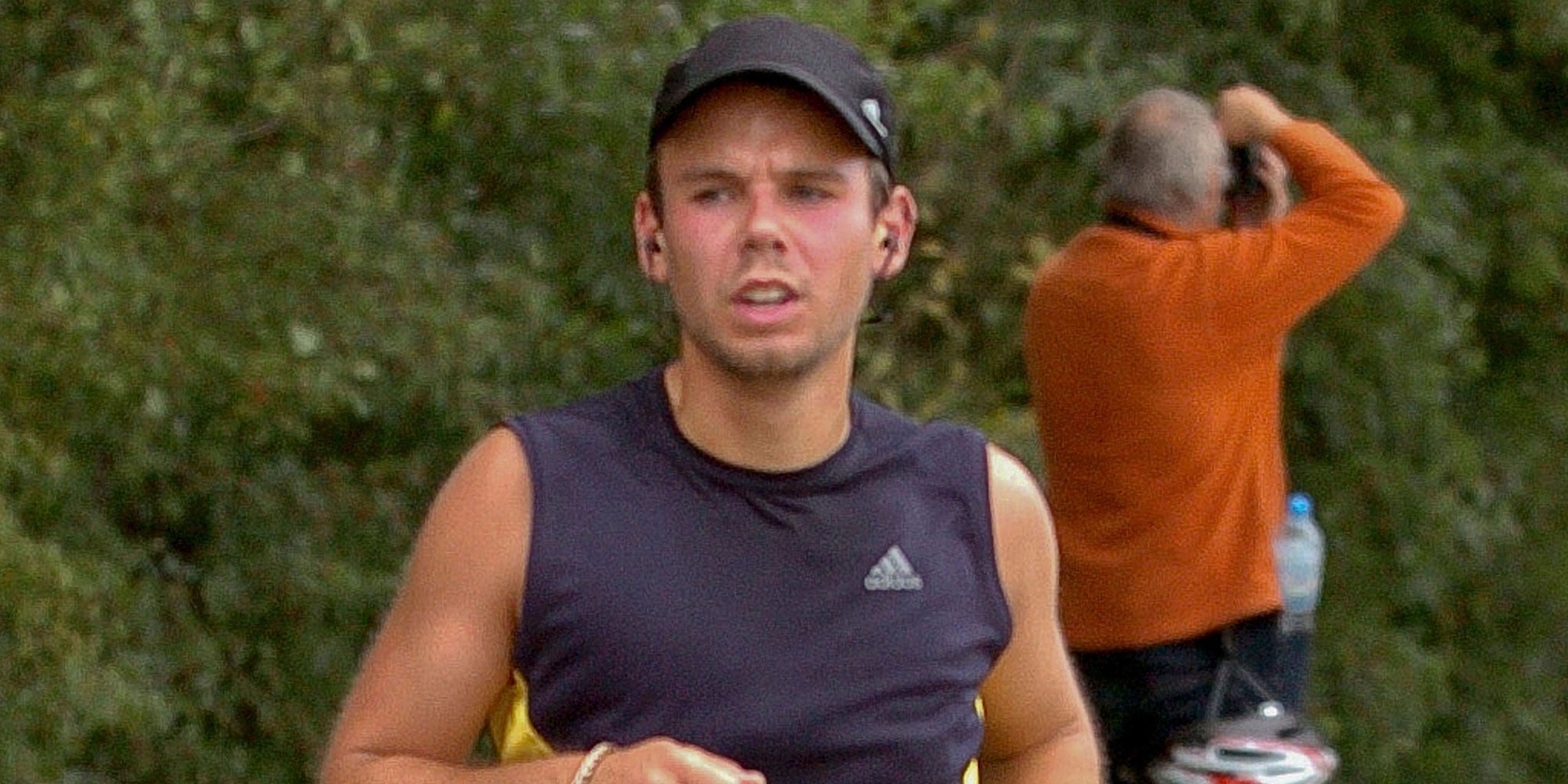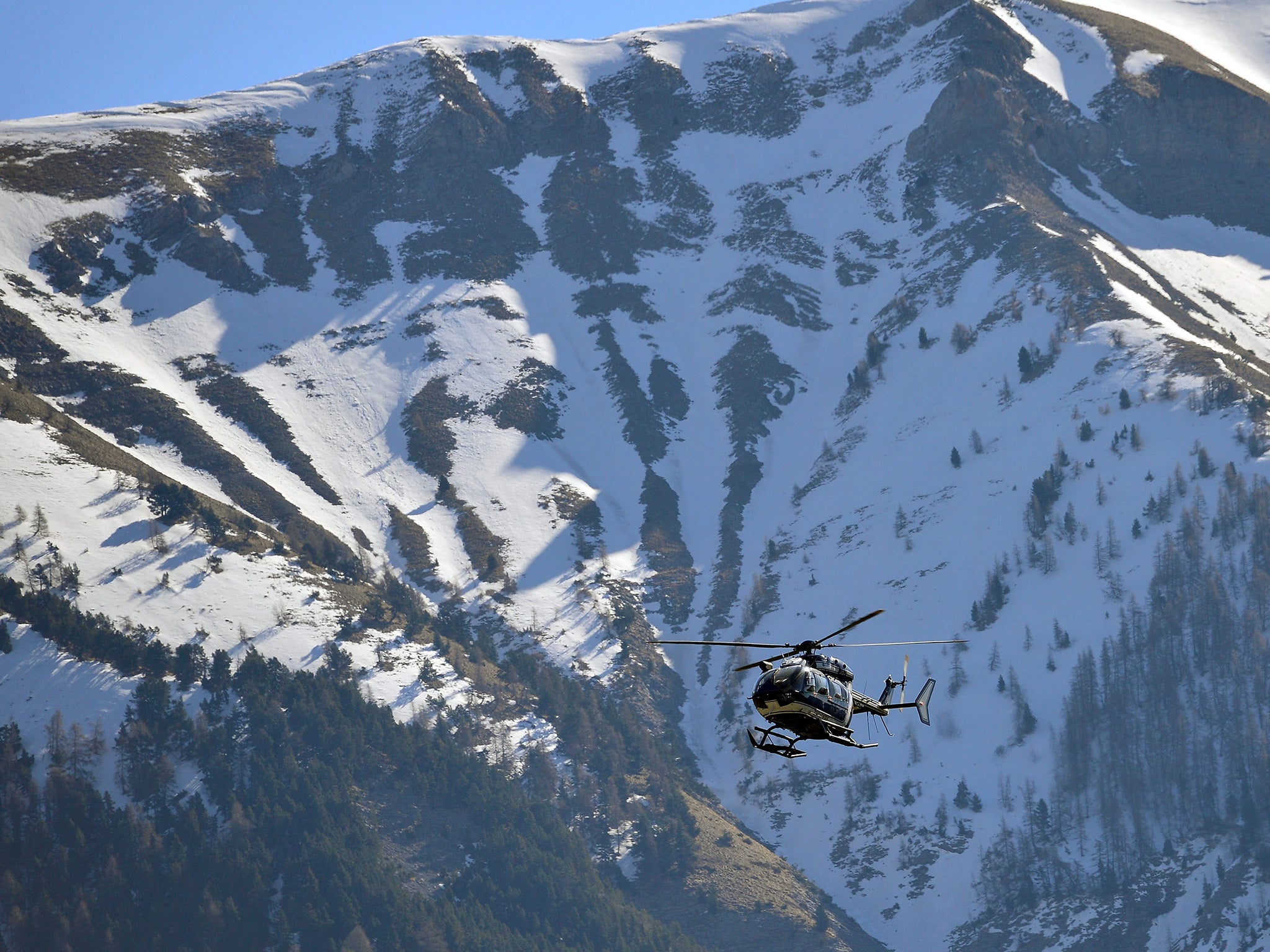Germanwings co-pilot Andreas Lubitz’s internet history included searches for 'suicide' and 'cockpit doors', prosecutors say
Lubitz was also reportedly taking medication so strong patients are advised against driving cars

Your support helps us to tell the story
From reproductive rights to climate change to Big Tech, The Independent is on the ground when the story is developing. Whether it's investigating the financials of Elon Musk's pro-Trump PAC or producing our latest documentary, 'The A Word', which shines a light on the American women fighting for reproductive rights, we know how important it is to parse out the facts from the messaging.
At such a critical moment in US history, we need reporters on the ground. Your donation allows us to keep sending journalists to speak to both sides of the story.
The Independent is trusted by Americans across the entire political spectrum. And unlike many other quality news outlets, we choose not to lock Americans out of our reporting and analysis with paywalls. We believe quality journalism should be available to everyone, paid for by those who can afford it.
Your support makes all the difference.Andreas Lubitz had searched online for suicide methods and cockpit doors before he crashed a Germanwings flight into a mountain, prosecutors say.
Dusseldorf prosecutors said a tablet computer had been recovered from Lubitz's apartment and they were able to reconstruct searches from between 16 March and 23 March.
The prosecutors' spokesman Ralf Herrenbrueck said that search terms included medical treatment, suicide methods, and cockpit doors and their security, according to the Associated Press.
"(He) concerned himself on one hand with medical treatment methods, on the other hand with types and ways of going about a suicide," Mr Herrenbrueck said. "In addition, on at least one day (Lubitz) concerned himself with search terms about cockpit doors and their security precautions."
Lubitz also reportedly told doctors he was off sick from work when he was still flying commercial aircrafts and was taking medication so strong that patients are advised against driving cars.
Medical records quoted by Bild state that he was taking medication to treat depression and anxiety which allegedly included an antidepressant and the tranquilliser Lorazepam.
Bild also quoted documents it said were made available to investigators that revealed Lubitz said he was in a car crash at the end of 2014 and had complained of trauma and vision problems as a result.
"He stated during medical treatment that, among other things, it often appeared dark around him," according to a translation obtained by The Telegraph. An MRI scan reportedly did not discover any significant injuries.
Investigators retrieved the second black box, the flight data recorder, from the crash site today which may provide further clues as to exactly what happened before the plane began its descent.

Evidence from the cockpit voice recorder revealed that Lubitz was alone at the helm when the plane began its eight-minute descent. Prosecutors believe he intentionally locked the captain out of the flight deck.
The reports come as a journalist from Paris Match said he had seen a video purporting to show the aircraft's final moments "100 times" after prosecutors said no memory cards from mobile telephones found at the crash site had been analysed.
Frederic Helbert said publications chose not to release the video "because it had no value regarding the investigation but it could have been something terrible for families".
When asked by CNN what he could hear on the video, he replied: "The sounds, the noise, the deep impact, that noise of people screaming and screaming again."
Additional reporting by Reuters
Join our commenting forum
Join thought-provoking conversations, follow other Independent readers and see their replies
Comments